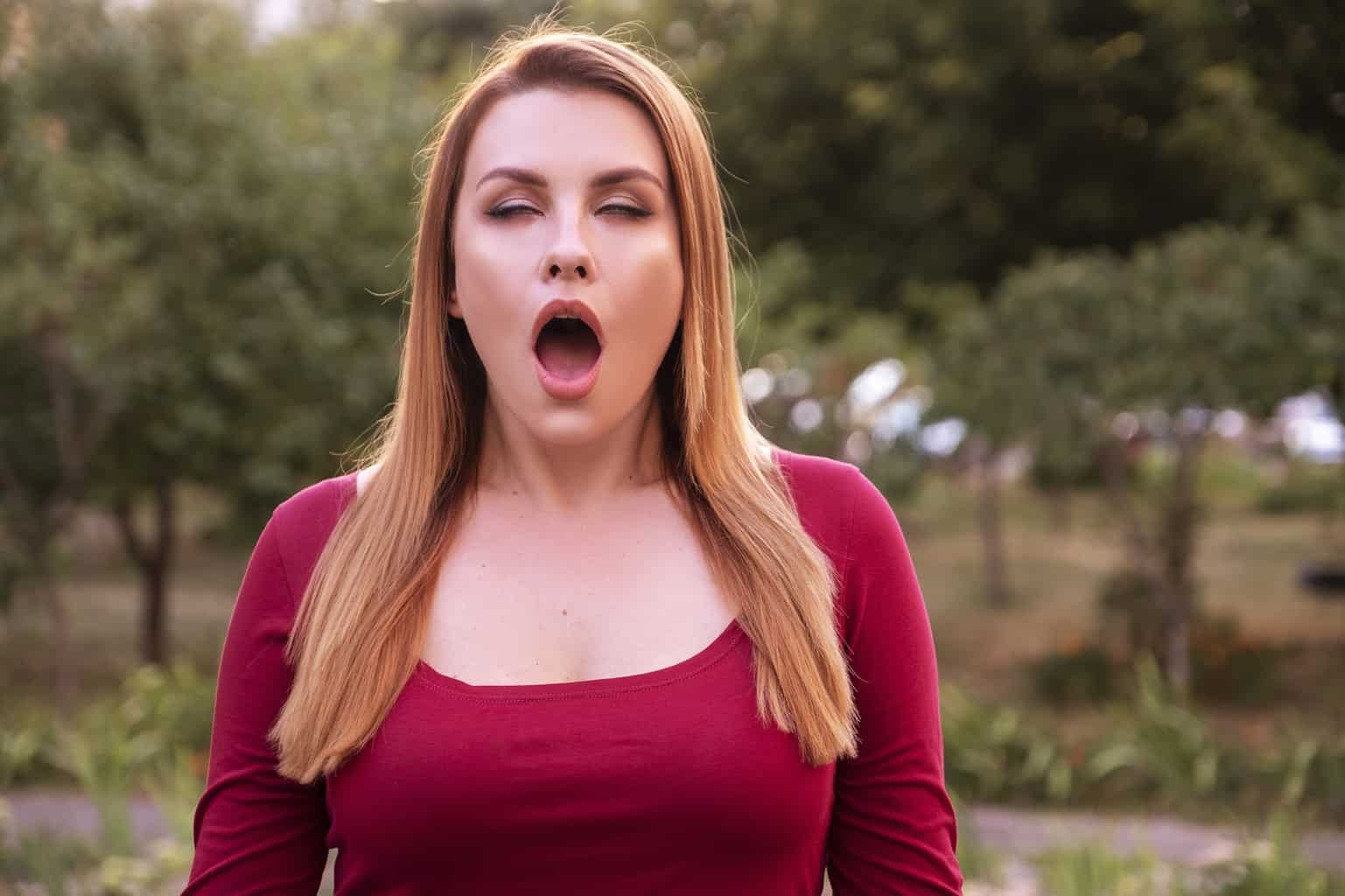
Wow… this is really, really bad…
—-Important Message—-
Activate the “neurotrophic factor” to feel 70% more pleasure and sensation down there

I’ve discovered that any man can feel more sensation and more pleasure in his penis, up to 70% more…
And this only strengthens “rockiness.” In fact, it makes “rockiness” automatic again.
So it’s no longer something you ever have to try at.
Instead, just a fleeting thought or the faintest touch will have your member standing at attention and throbbing for relief.
———-
Men: whatever you do, do NOT use this trendy sweetener
Stevia is an increasingly commonly natural sweetener and sugar substitute made from the leaves of a South American plant.
The active compounds are extremely sweet, between 30 and 150 times sweeter than sugar.
Stevia was banned in Europe and the United States during the 1990s and early 2000s due to concerns about its effect on health.
But both regions cleared it for human consumption by 2008.
As with many sugar substitutes, there are problems with stevia. (Besides that it tastes weird and bitter…)
A recent study found that stevia consumption decreases dopamine in the brains of animals exposed to it.
Dopamine is responsible for mental energy, drive, and motivation.
Low dopamine is a problem for people with Parkinson’s disease.

These animal experiments took place at the University of Calgary in Canada. The research journal Nutrients published the results.
Due to the misguided war on sugar, the use of alternative sweeteners such as stevia is becoming more and more common.
“Stevia is a natural low-calorie sweetener that is growing in popularity in food and beverage products.”
In recent years, researchers have found that many health problems begin in the gut.
Changes to the bacterial populations that live there can lead to dangerous bacteria entering into the bloodstream and causing disease.
(Parkinson’s, Alzheimer’s, and type 2 diabetes are all closely linked to this bacterial problem.)
The primary aim of this study was to understand the effect of stevia on gut bacteria.
“Despite its widespread use, little is understood of its impact on the gut microbiota, an important environmental factor that can mediate metabolism and subsequent obesity and disease risk.”
Usually, when gut bacteria are affected you can find changes to the brain chemical dopamine.
Both dopamine and bad bacteria are strongly linked to obesity and other metabolic diseases.
So, the researchers also investigated the effects of stevia on dopamine in the brain.
The research was carried out on male rats.
They gave different groups of rats different combinations of stevia and prebiotics (fibers that also affect the growth of gut bacteria).
“Three-week-old male mice were randomized to consume water, stevia, prebiotic, or stevia and prebiotic.”
The experiment ran for nine weeks and the researchers examined the animals before and after that period.
Stevia caused numerous detrimental changes to the dopamine system in the brain.
“Stevia reduced nucleus accumbens tyrosine hydroxylase and dopamine transporter mRNA levels.”
Tyrosine hydroxylase is the enzyme that creates dopamine – reduced tyrosine hydroxylase means less dopamine in the brain.
The dopamine transporter shuttles dopamine from one place to the other.
It is also essential for optimal dopamine levels.
The researchers found changes in the nucleus accumbens – a region of the brain highly involved in addiction, food reward, and depression.
Many animal experiments have shown that lower dopamine leads to less voluntary physical activity.
This means people move less and use less energy – which could lead to weight gain.
“Lower dopamine signaling in obesity leads to decreased physical activity, which may contribute to poorer health outcomes in obesity.”
Some animals (and presumably some people) are much more strongly affected by low dopamine levels.
“Obesity-prone rats had decreased dopamine transporter expression compared to obesity-resistant animals following exposure to a high-fat diet.”
Low dopamine levels are a key factor in Parkinson’s disease.
A number of studies have shown that the region of the brain affected by stevia in this study also plays a large role in Parkinson’s.
The researchers also found that the alternate sweetener caused changes to gut bacteria…another reason to be wary of stevia.
“Stevia did alter good microbiota composition compared to control animals… Its impact on gut microbial taxa should be further examined in populations exhibiting dysbiosis such as obesity.”
Despite decades of marketing, there are no sugar substitutes that come without serious questions about their health effects.
Ripe fruit and honey remain the healthiest way to enjoy sweet flavors.
Sugar is good for you — contrary to the idiotic so-called gurus. Sugar that contains nutrients — as in orange juice, grape juice, ripe fruit, cooked fruit, honey…
Just avoid the fake stuff including stevia.
—-Important Message From Our Sponsor—-
$1.63 a day method does more good for prostate than any pill
Even top doctors are STUNNED…
As it’s not just one of those temporary solutions that fails you when you need it the most…
It actually treats the root cause of prostate problems…which is a “DHT clog”…
And once you slash the DHT clog, you get rid of ALL your prostate problems in less than 5 days!
The miraculous treatment is laid out on this page, so you can start using it right now.
———-
